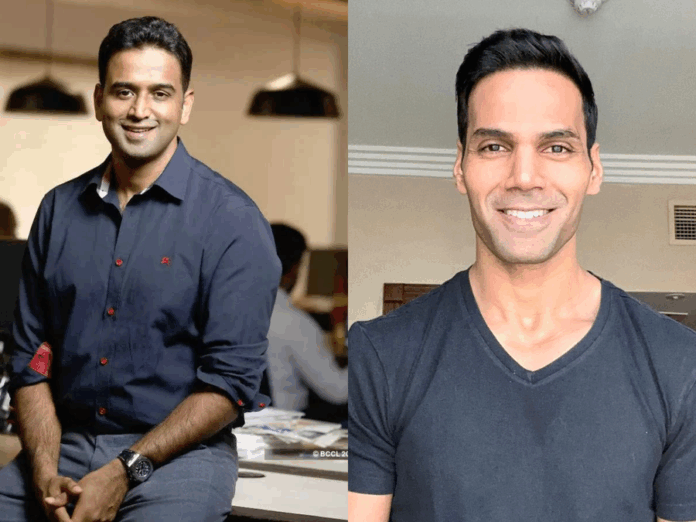Introduction to Fittr and Rainmatter
Pune-based fitness tech startup Fittr has raised $3 million (approximately Rs 25 crore) in funding from Rainmatter, the investment arm of Zerodha. This announcement was made by Fittr’s founder, Jitendra Chouksey, in an Instagram post. Rainmatter, which was founded by Zerodha CEO Nithin Kamath, invests in fintech, climate, and health startups. The fund provides founders with mentorship, financial APIs, industry networks, and opportunities to validate products.
Investment Portfolio of Rainmatter
Rainmatter’s portfolio includes companies such as Game Theory, Dreamspan, Evolved Foods, Fitpage, Niramai, NOTO Ice Creams, and PeeSafe. The fund has backed more than 100 startups since its inception, including 32 in fintech, 32 in health and fitness, 31 in climate, and eight in storytelling. This diverse portfolio showcases Rainmatter’s commitment to supporting innovative ideas across various sectors.
Details of the Funding
Chouksey also revealed that 41 current and ex-employees were given ESOP buybacks and added that he did not dilute his personal equity in the startup. "I did not dilute any of my shares and continue to hold the majority stake in the business," he wrote. The newly raised capital will be used to build a vertical healthcare stack grounded in trust, transparency, accountability, and affordability. This investment is an extension to an earlier $3.5 million, which Fittr raised in January last year from Rainmatter.
Previous Funding Rounds
Prior to this, the startup raised $11.5 million in 2021 from various investors, including Elysian Park and Peak XV’s seed fund Surge. These funding rounds demonstrate the confidence investors have in Fittr’s vision and growth potential.
Rainmatter’s Investment Strategy
Nithin Kamath disclosed that Rainmatter invested Rs 275 crore across 47 startups in 2024, with the majority of capital flowing into health and climate-focused ventures. Kamath explained that Rainmatter isn’t a typical VC and doesn’t function like one. The fund doesn’t take board seats, has no exit clauses, and has a perennial structure, which means it is in it for the long term. This patient approach allows Rainmatter to support startups that are working on significant problems, even if they require more time to yield results.
Conclusion
The investment by Rainmatter in Fittr highlights the growing interest in health and fitness startups. With its unique approach to investing, Rainmatter is supporting innovative ideas that have the potential to create a significant impact. As Fittr continues to grow and expand its services, it is likely to play a key role in shaping the fitness tech industry in India. The partnership between Fittr and Rainmatter is a positive development for the startup ecosystem, and it will be interesting to see how this collaboration unfolds in the future.

